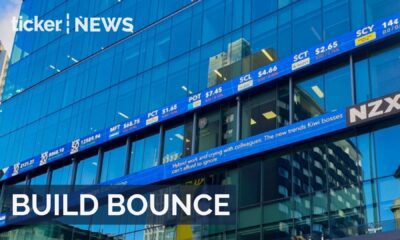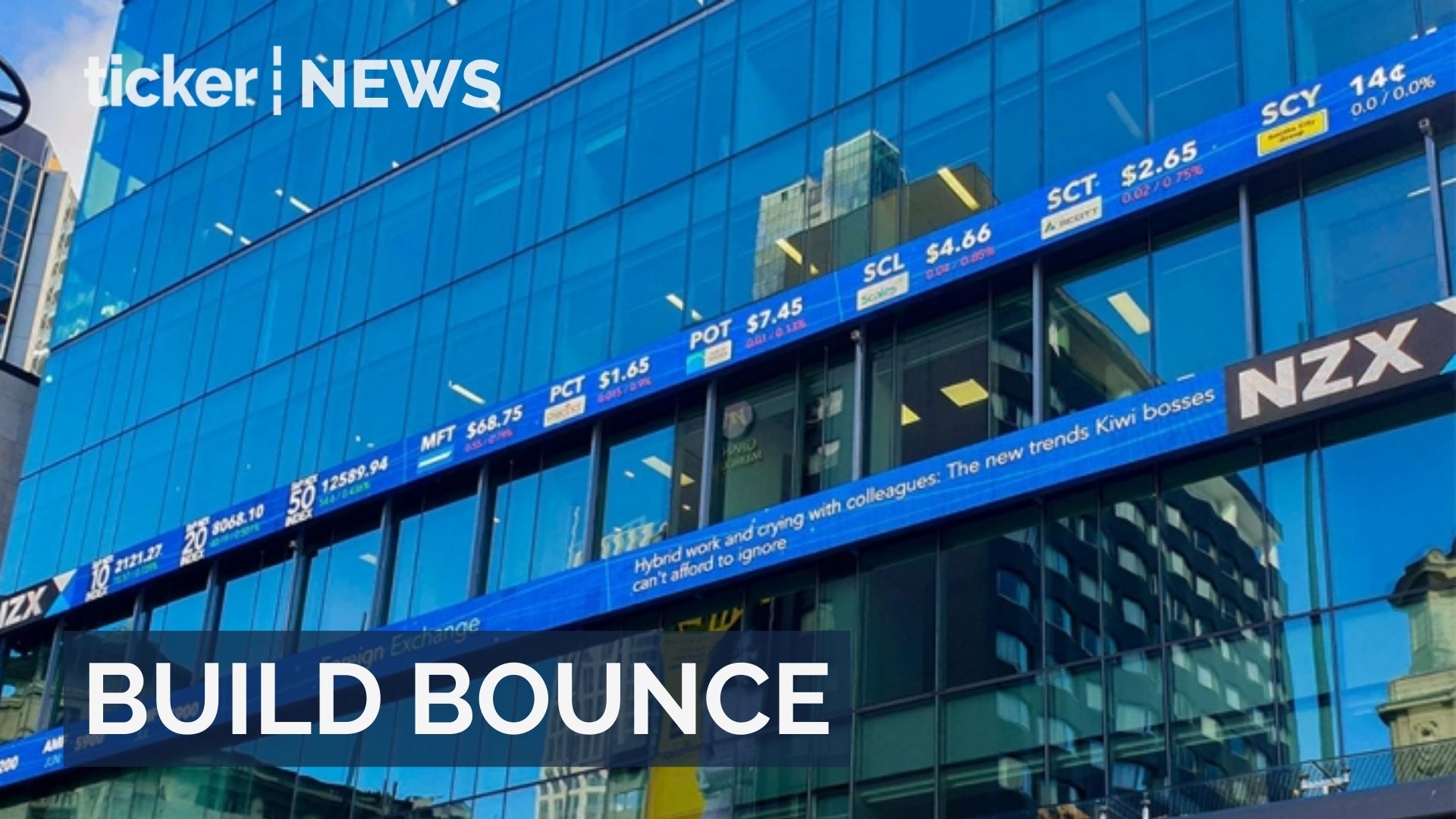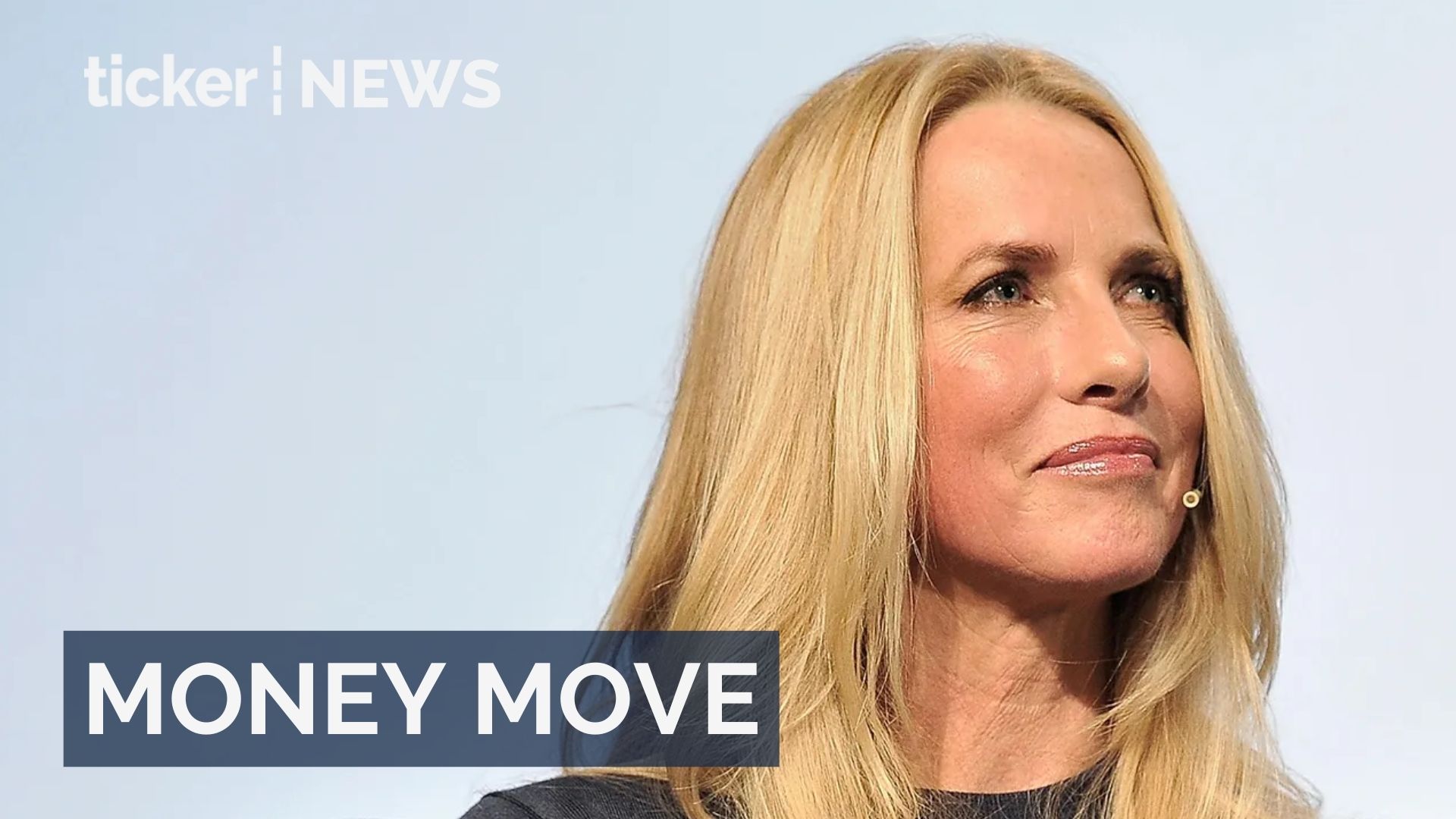In a significant development for the U.S. cryptocurrency industry, the United States House Financial Services Committee has successfully passed two crypto regulatory bills.
The bills, named the Financial Innovation and Technology for the 21st Century Act and the Blockchain Regulatory Certainty Act, were approved by a majority of U.S. lawmakers on July 26.
The Financial Innovation and Technology for the 21st Century Act, passing with a 35-15 vote, is set to establish clear rules for cryptocurrency firms regarding their registration requirements. It will provide guidance on when these firms should register either with the Commodity Futures Trading Commission (CFTC) or the Securities and Exchange Commission (SEC).
Additionally, the Republican bill outlines a process for firms to obtain certification from the SEC, confirming the adequate decentralization of their projects.
This certification would enable digital assets to be registered as digital commodities with the CFTC. Congressman French Hill, a Republican and Vice Chairman of the House Financial Services Committee, expressed pride in the bill’s passage, highlighting its bipartisan support and emphasis on robust consumer protections and fostering innovation in the United States.
The second bill, the Blockchain Regulatory Certainty Act, has bipartisan sponsorship by Congressman Tom Emmer and Congressman Darren Soto.
Its objective is to remove hurdles and requirements for various entities in the blockchain sector, including miners, multisignature service providers, and decentralized finance platforms.
Emmer hailed the passing of this bill as a “huge win” for the United States. He clarified that the Blockchain Regulatory Certainty Act addresses which blockchain-related entities would qualify as money transmitters in the country.
If passed in the House of Representatives, the bill would affirm that blockchain entities not holding customer funds are not considered money transmitters, providing much-needed clarity for the industry.
Despite the success of these two bills, some lawmakers refused to support the proposed Digital Assets Market Structure bill. Democratic Representative Maxine Waters criticized the bill for being too accommodating to the crypto industry’s demands and overlooking regulatory guidance from the SEC.
She emphasized the importance of upholding existing securities laws to protect investors and foster innovation.
With the passage of these regulatory bills, the U.S. cryptocurrency industry is now on the path towards greater clarity and stability.
The legislation aims to strike a balance between protecting consumers and encouraging innovation, fostering a conducive environment for crypto-related businesses in the United States.




 Property4 days ago
Property4 days ago


 Tech2 days ago
Tech2 days ago


 Tech5 days ago
Tech5 days ago


 Money4 days ago
Money4 days ago


 News5 days ago
News5 days ago


 Money4 days ago
Money4 days ago


 Money4 days ago
Money4 days ago


 Tech5 days ago
Tech5 days ago






